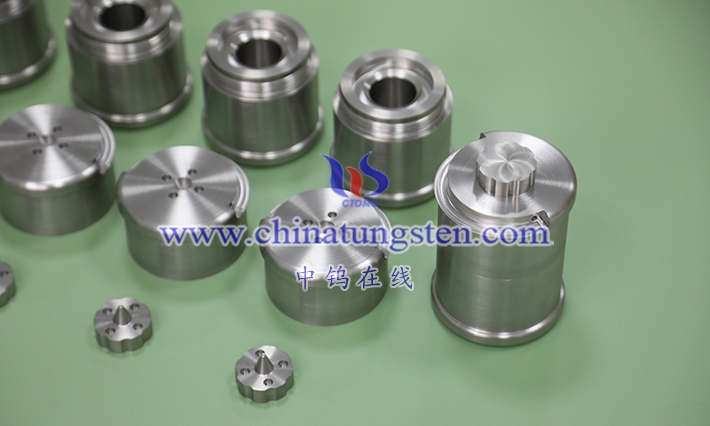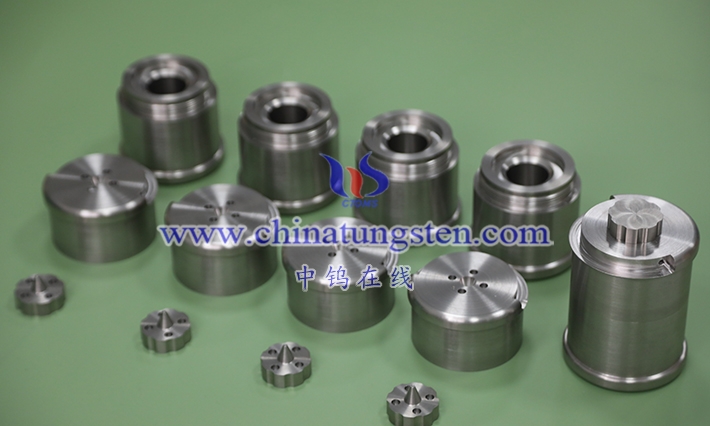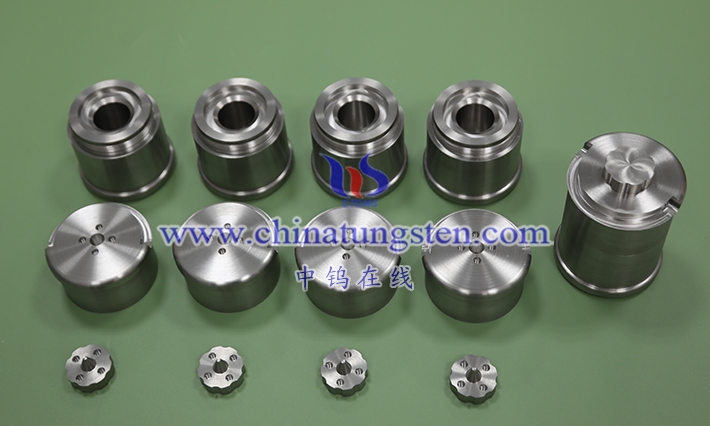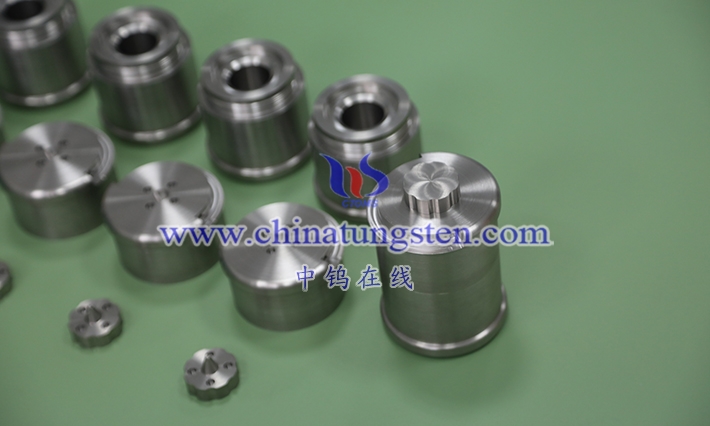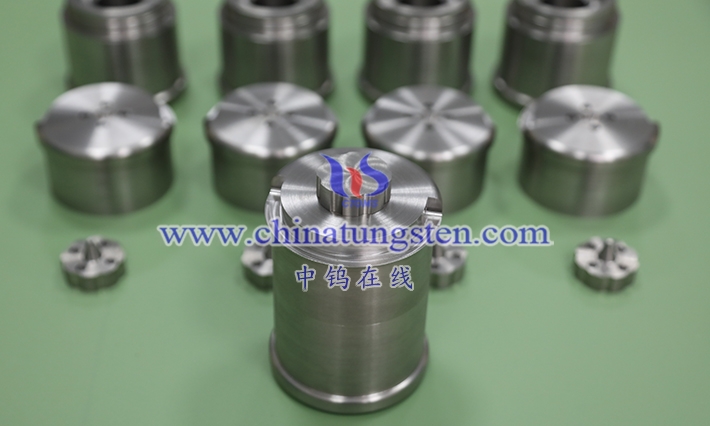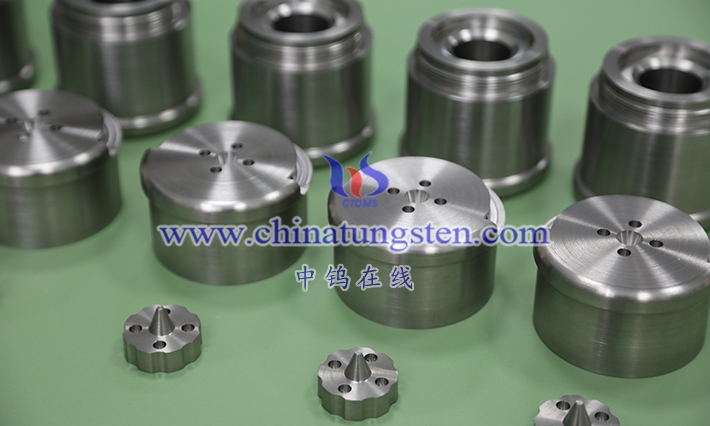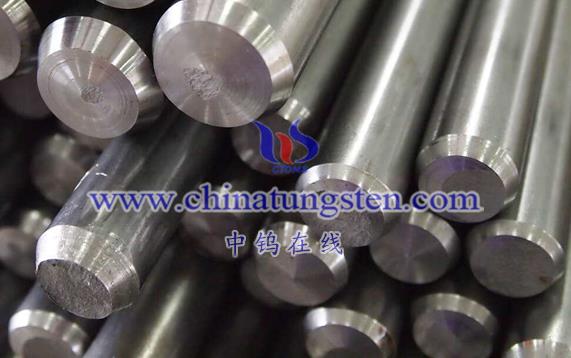
The performance of high-density alloys under dynamic loading is different from that under static loading. Under dynamic loading, the mechanical behavior and fracture toughness of high-density alloys are affected by various factors such as loading rate, temperature and environmental conditions.
Loading rate has a great influence on the dynamic mechanical behavior of high-density alloys. Under high-speed impact loading, the yield strength and fracture strength of materials will significantly increase. This is because high-density alloys will produce dynamic strain aging and dynamic hardening effects under high-speed impact, causing the dislocation density inside the material to increase and the grains to refine, thereby improving the strength of the material.
Temperature also has an important influence on the dynamic mechanical behavior of high-density alloys. In low temperature environments, the yield strength and fracture strength of high-density alloys will increase, while the toughness will decrease. This is because at low temperatures, the atomic mobility of the material is reduced, and grain boundary slip and dislocation movement are blocked, resulting in a decrease in the plasticity and toughness of the material.
In addition, environmental conditions also have an impact on the dynamic mechanical behavior of high-density alloys. For example, in corrosive media, the mechanical properties of high-density alloys will be affected by corrosion damage. Active molecules in the corrosive medium will react chemically with the metal surface, causing corrosion damage on the metal surface, such as pitting corrosion, stress corrosion, etc., thus affecting the strength and toughness of the material.
In order to evaluate the performance of high-density alloys under dynamic loading, dynamic testing methods can be used, such as Hopkinson pressure bar test, drop weight test, etc. These test methods can simulate the mechanical behavior and fracture process of materials under actual dynamic loads, thereby obtaining the dynamic mechanical performance parameters of materials, such as dynamic yield strength, dynamic fracture strength, and dynamic toughness.
In summary, the performance of high-density alloys under dynamic loading is affected by many factors, such as loading rate, temperature, environmental conditions, etc. Therefore, it is necessary to comprehensively consider these factors for experimental research and numerical simulation to obtain more accurate dynamic mechanical performance data and provide reference for related engineering applications.
More details of tungsten alloy product, please visit website: http://tungsten-alloy.com/
Please contact CHINATUNGSTEN for inquiry and order of tungsten carbide:
Email: sales@chinatungsten.com
Tel.: 86 592 5129595
